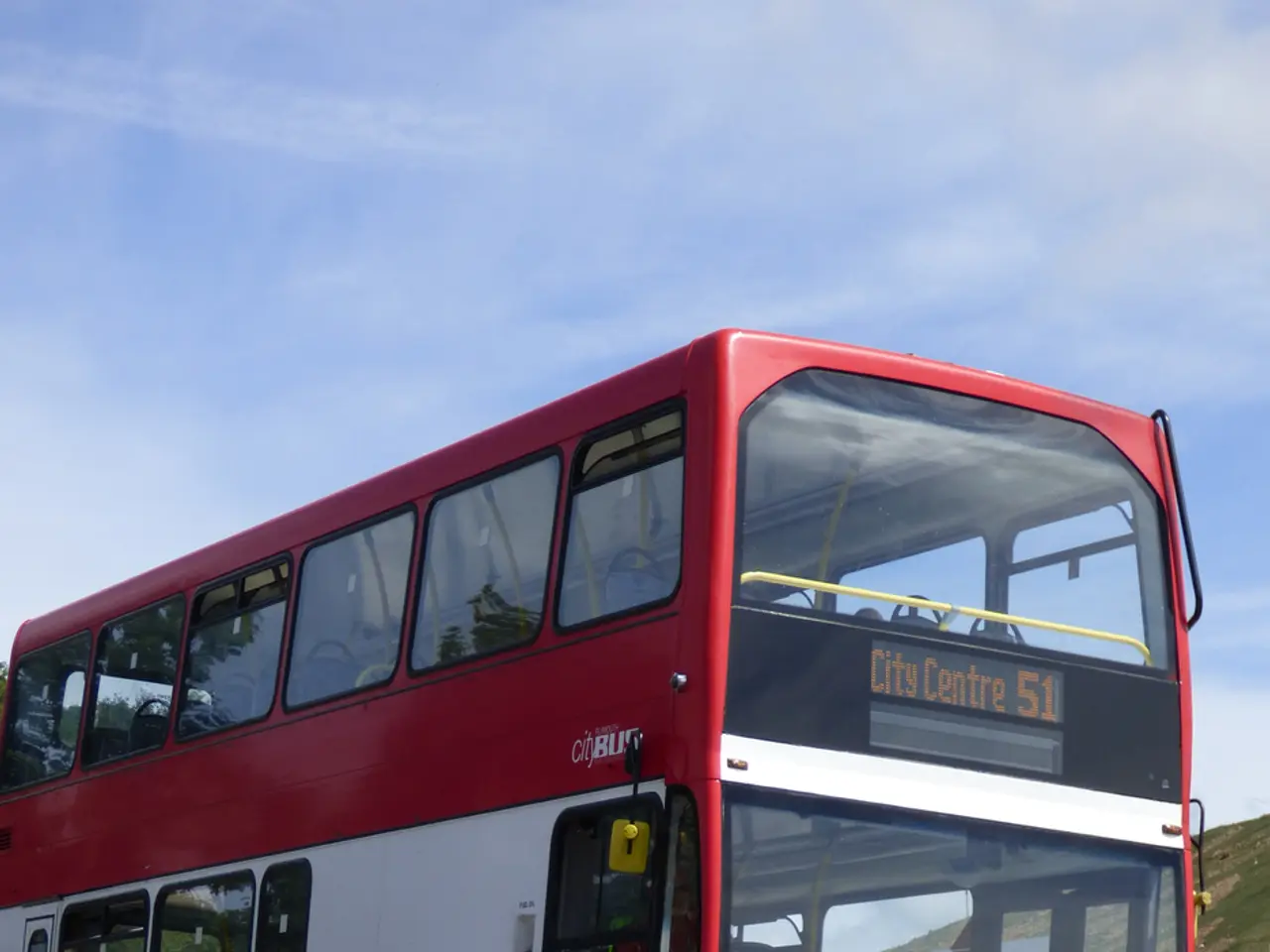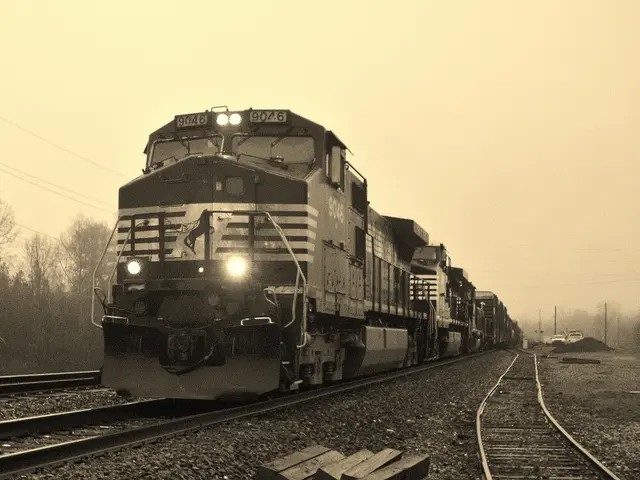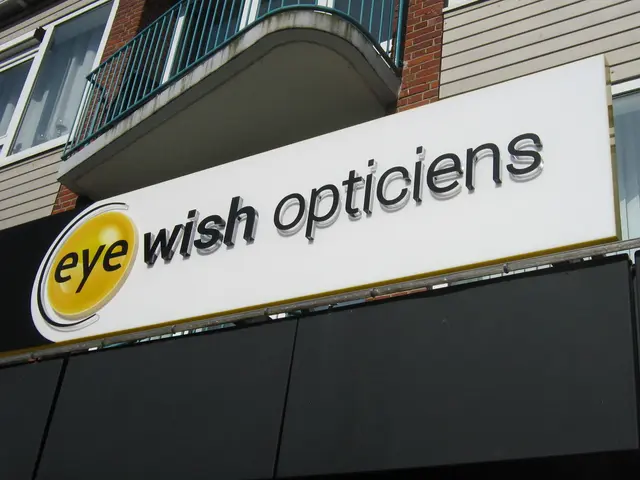Flexible Public Transport Pilot in Neukirchen-Vluyn Gets One-Year Lifeline
The On-Demand Public Transport (ODI) pilot project in Neukirchen-Vluyn, funded by the North Rhine-Westphalia Ministry of Transport, has been extended until December 31, 2025, thanks to a €560,000 municipal fund contribution from the involved cities. Despite its popularity among over 8,000 registered users, the project's future remains uncertain due to economic viability concerns.
The project, launched with significant investment from the city of Neukirchen-Vluyn, NIAG, and local taxi companies, aimed to create a new, flexible, and digitally managed public transport system. It yielded valuable insights for local public transport in the Wesel district, but majority support for its permanent continuation was not secured.
After the state funding ended in 2024, the cities of Moers, Kamp-Lintfort, Rheinberg, and Neukirchen-Vluyn joined forces to secure a one-year extension with the help of a lump-sum operational subsidy from the ministry. However, a sustainable funding model for on-demand services could not be found, making it difficult to continue the project without placing an undue financial burden on local authorities.
The ODI project will continue until the end of 2025, providing valuable data and insights for future public transport initiatives. The city of Neukirchen-Vluyn, acting as the extraordinary project coordinator, has announced the service's end. Despite its popularity and potential, the project's long-term future remains uncertain due to economic viability concerns.
Read also:
- American teenagers taking up farming roles previously filled by immigrants, a concept revisited from 1965's labor market shift.
- Weekly affairs in the German Federal Parliament (Bundestag)
- Landslide claims seven lives, injures six individuals while they work to restore a water channel in the northern region of Pakistan
- Escalating conflict in Sudan has prompted the United Nations to announce a critical gender crisis, highlighting the disproportionate impact of the ongoing violence on women and girls.




